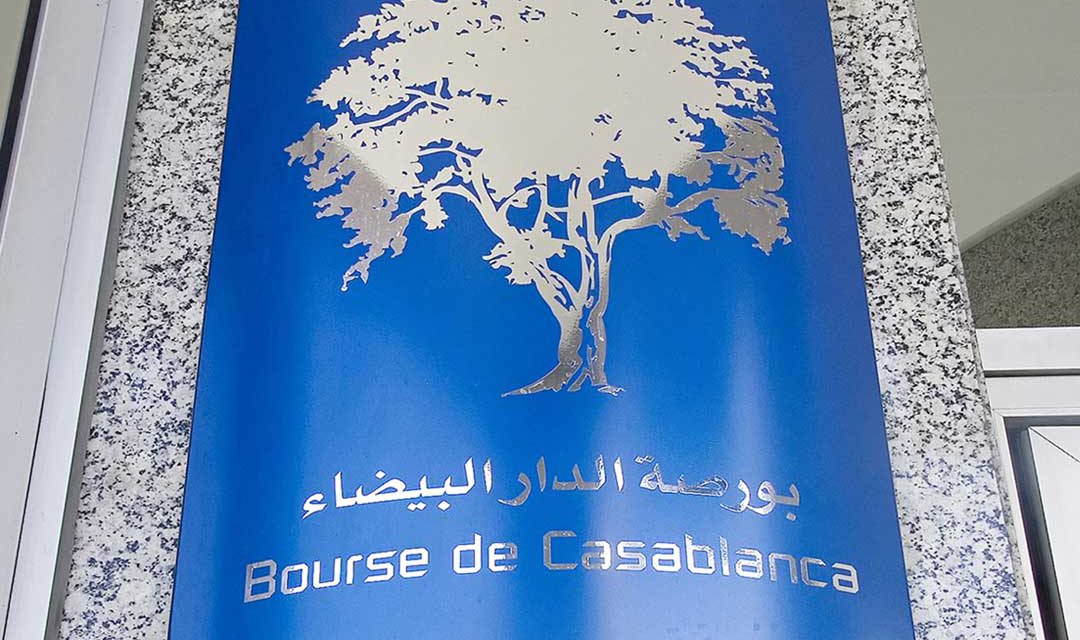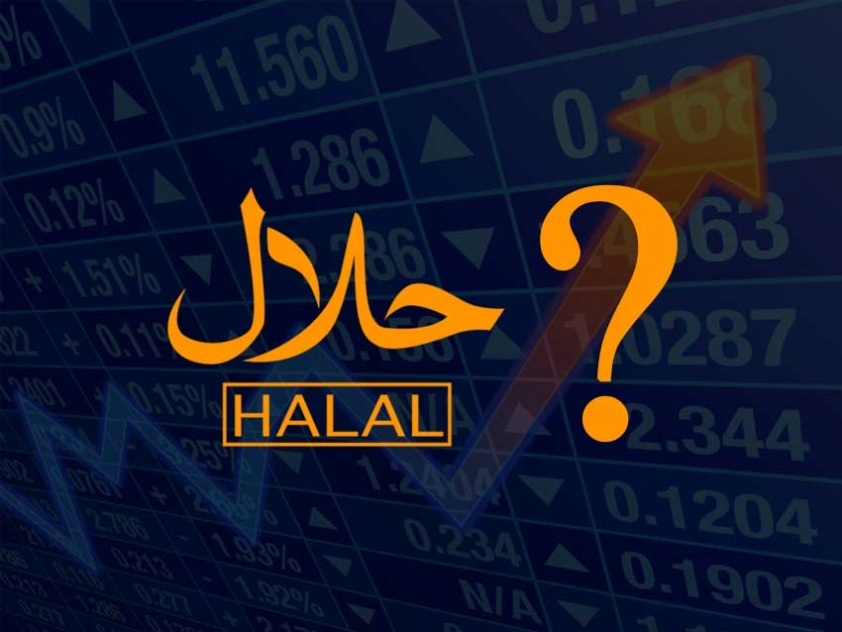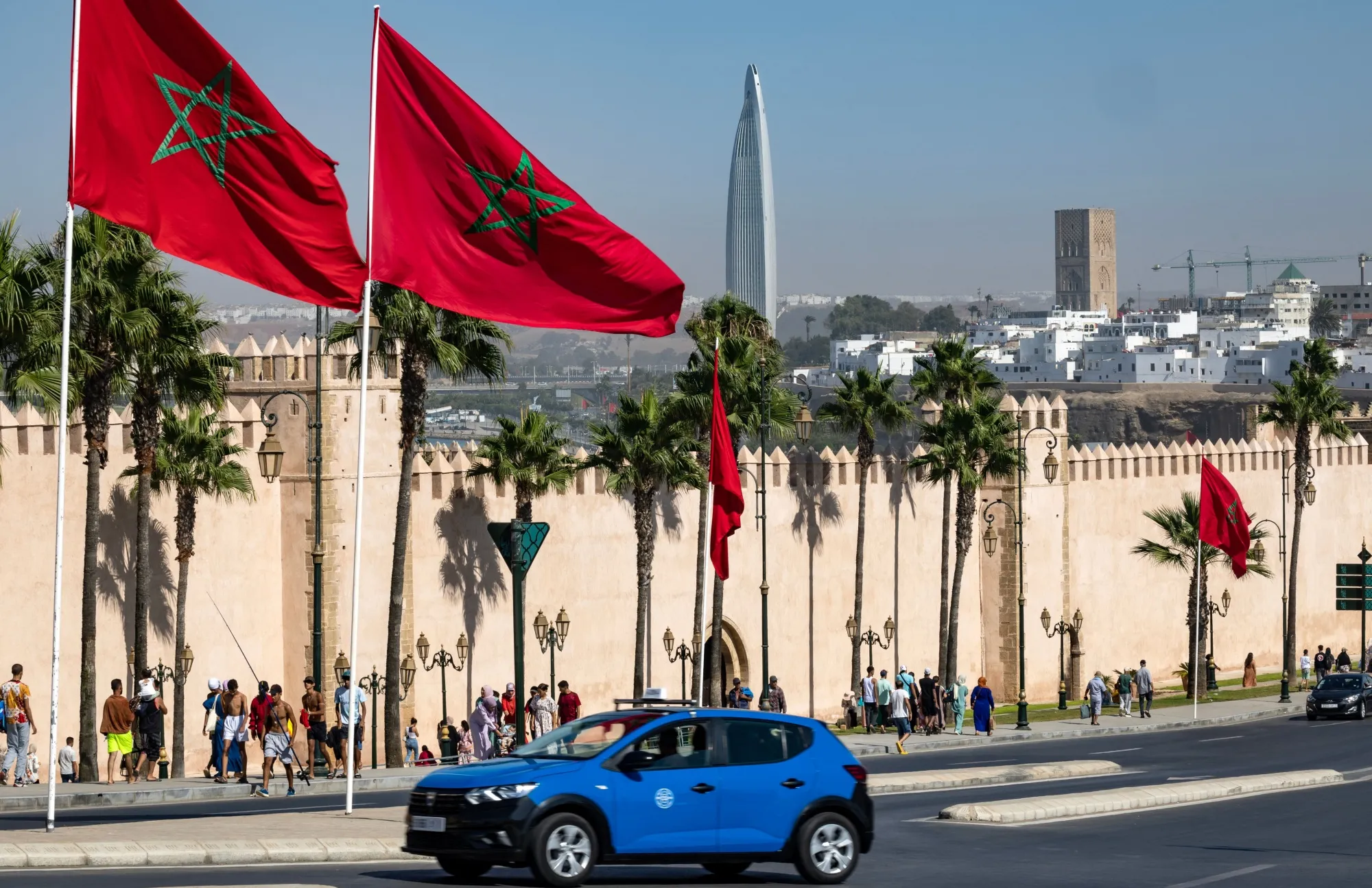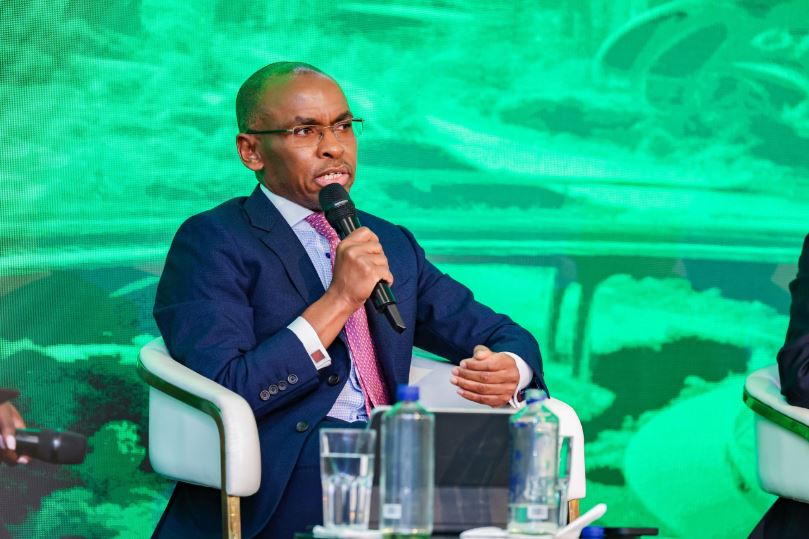In a region where political uncertainty and currency swings often dictate investment behaviour, Morocco has engineered an unlikely financial magnet: a permanent 0% capital gains tax (CGT) on stock market investments.
Far from a footnote in tax policy, this exemption has become one of the most powerful capital-attraction tools in North Africa, quietly transforming the Casablanca Stock Exchange (CSE) into a preferred playground for family offices managing multi-generational wealth.
As of November 2025, with the CSE pushing a $100 billion market capitalisation, new IPOs entering the pipeline, and liquidity rising ahead of Morocco’s 2030 FIFA World Cup infrastructure wave, regional family offices are treating Casablanca not just as an alternative market but as a core wealth-preservation hub.
Casablanca Stock Exchange: The Region’s Quietly Reliable Powerhouse
Founded in 1929, the CSE stands as Africa’s third-largest stock exchange behind Nigeria and South Africa, an unusual blend of stability and frontier-market upside.
As of late 2025:
- 76 listed companies
- Market cap: ~907 billion MAD (~$100B USD)
- CFG 25 Index: 18,205 (Nov 21), +0.51% on the day
- MASI: steady performance on low volatility
- 17 brokerage firms, EU-aligned regulation
- Pipeline of new listings, including Cash Plus (approved by AMMC on Nov 17 for a Dec 16 listing)
Morocco’s World Cup infrastructure boom is injecting liquidity across banking, telecoms, real estate, and cement sectors already dominated by blue-chip anchors like Attijariwafa Bank (~$8.5B market cap) and LafargeHolcim Maroc (~$4.6B).
Amid a global slowdown in emerging-market IPOs, the CSE’s continued debut pipeline signals uncommon resilience.
The Zero-CGT Advantage: A Policy Built for Wealth Preservation
Morocco’s 0% tax on capital gains from listed securities is not a temporary incentive but a longstanding feature of its General Tax Code designed in the 1990s to supercharge domestic savings and foreign inflows.
Here’s what matters:
- All capital gains from listed stocks are tax-free.
- Applies to locals and foreigners
- No minimum holding period
- No thresholds or exemptions required
- Dividends are taxed at a modest flat 10% withholding.
- Corporate income tax is generally 20–31%, depending on the sector.
This setup allows investors particularly long-horizon family offices to compound equity gains at full value, a mathematical advantage that compounds dramatically over time.
How Morocco Compares in the Region
| Aspect | Morocco (CSE) | Algeria | Tunisia | Egypt |
|---|---|---|---|---|
| CGT on Listed Shares | 0% | 15% | 10–20% | Up to 22.5% |
| Dividend Withholding | 10% | 15% | 10% | 10% |
| Corporate Tax Rate | 20–31% | 26% | 15–25% | 22.5% |
Source: PwC Tax Summaries; U.S. State Department 2025 ICS.
A decade-long portfolio compounding at 12–15% annually becomes a totally different story when all gains remain untouched. For legacy wealth builders, this is irresistible.
READ ALSO:How OCP and Maroc Telecom Keep Morocco’s Frontier Market Steady in 2025
Why North African Family Offices Are Moving Capital to Casablanca
Family offices in Algeria, Tunisia, Egypt, and the Gulf want predictable, scalable, tax-efficient growth, not speculation. Morocco offers all three.
1. Zero Tax Drag = Higher Compounding
An Algerian family office buying Attijariwafa Bank shares faces 0% CGT in Morocco vs. 15% CGT back home. Over time, this differential adds several percentage points to annualised returns, an edge too large to ignore.
2. A Geopolitical Safe Harbour
While Libya, Sudan, and the Sahel create regional tremors, Morocco remains one of Africa’s most stable jurisdictions politically, fiscally, and regulatorily. AMMC oversight mirrors European standards, offering comfort to cross-border wealth stewards.
3. Strong Institutional and Private Equity Ecosystems
- AfricInvest and regional PE firms report 15–20% IRR targets driven partly by Morocco’s tax regime.
- Morocco captured 40% of North Africa’s private equity deals in 2025, much of it feeding into CSE-linked exits or pre-listing rounds.
- Family office trading volumes have climbed steadily since mid-2025, per CNBC Africa reporting.
4. Familiarity and Legal Alignment
Shared French-influenced legal traditions among Morocco, Algeria, and Tunisia make Casablanca operationally comfortable for francophone family offices.
5. A Liquid, Modern Exchange
CSE’s digital upgrades and ESG commitments also resonate with next-gen family office mandates.
Beyond Taxes: The Broader Attractiveness of the CSE
Even without zero CGT, the CSE would remain appealing thanks to:
- Growth tied to the 2030 World Cup, with forecasts of $10–15B in new listings.
- Low volatility relative to frontier peers
- Strong blue chips in banking, construction, telecoms, fertilisers
- The rise of ESG and decarbonisation mandates adopted via the Sustainable Stock Exchange (SSE) initiative
- A stable currency supported by Morocco’s prudent monetary policy
Taxes may pull investors in, but stability and performance keep them.
A Frontier Market Built for Generational Wealth
Morocco’s zero-CGT policy is a masterpiece of economic engineering: simple, durable, and extraordinarily effective.
For North African family offices navigating a region where volatility often overshadows opportunity, the Casablanca Stock Exchange stands out as a rare blend of tax efficiency, institutional stability, and growth potential.
In a world of shifting fortunes and geopolitical uncertainty, the message is clear:On the CSE, your gains are yours, and your wealth compounds freely.
For multi-generational investors, few offers in Africa are more compelling.
Ronnie Paul is a seasoned writer and analyst with a prolific portfolio of over 1,000 published articles, specialising in fintech, cryptocurrency, climate change, and digital finance at Africa Digest News.






Leave a Reply